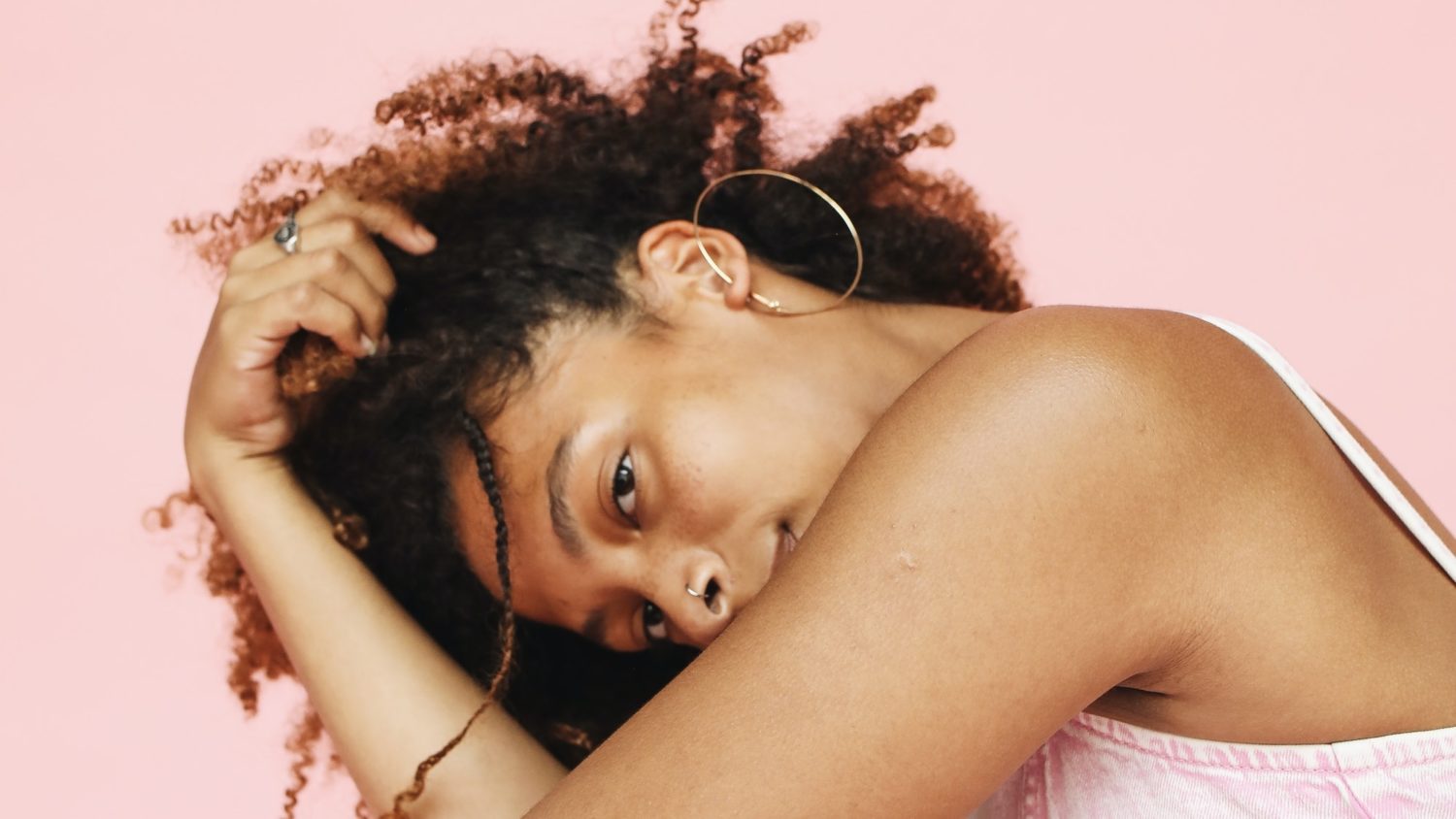Are you constantly dealing with dandruff? Or struggling with the conditions of an itchy scalp? We know how frustrating that can be and we’re here to help!
As we’ve previously reported, dandruff affects up to 50% of people. And can be caused by dry skin, sensitivity to hair products and the growth of a particular kind of fungus that lives on the scalp.
We’ve shared five at-home remedies which include baking soda, tea tree oil, coconut oil, aloe vera and apple cider vinegar which can help kick dandruff away. And we’ve even shared some useful products that assist in banishing an itchy, dry scalp.
View this post on Instagram
Now we’re back with some certified, expert-approved tips!
Dove partner and dermatologist, Dr. Annie Gonzalez, shared with us nine tips for properly caring for your scalp at home. So check them out below!
1.
“If you suffer from seborrheic dermatitis, also known as dandruff, you may benefit from washing your hair with shampoos that contain ingredients like pyrithione zinc, which is found in the Dove DermaCare Scalp Series at least twice weekly.”
2.
“To control dandruff, you should rotate shampoos that contain anti-dandruff ingredients including pyrithione zinc, ketoconazole, tar, selenium sulfide and salicylic acid.”
3.
“Dandruff is a scalp condition that has no permanent cure and has episodic flares that can be triggered from stress, weather, and hormonal changes. The objective of treatment with anti-dandruff shampoos like Dove DermaCare Scalp is to help you control the condition and reduce the severity and frequency of these flares.”
4.
“It is recommended that you use anti-dandruff shampoos like those from Dove DermaCare Scalp Series 3-4 times weekly during flares, and you may reduce their use to 2-3 per week as your dandruff gets better.”
5.
“If you have dandruff, not washing your hair enough can make your condition worse because of dead skin and sebum buildup and overgrowth of a yeast called Malassezia.”
6.
“Smarter shampooing is what I tell my patients to do, especially when treating their scalp dandruff. This means rubbing the shampoo onto the scalp and leaving it for about 5 minutes before rinsing it.”
7.
“ If you suffer from seborrheic dermatitis (dandruff), avoid applying oils directly into the scalp/roots as this can make your condition worse. Proper cleansing is really the key to controlling this common condition.”
8.
“Having dandruff doesn’t mean that you’re not clean, and it is certainly not contagious, therefore you cannot pass it on to someone else.”
9.
“ Limited research supports the use of natural dandruff treatments like aloe and tea tree oil, but there is no proof that they work as consistently as other anti-dandruff ingredients like pyrithione zinc, salicylic acid, and ketoconazole.”
10.
Browse Dove’s Dermacare Scalp Collection here!
